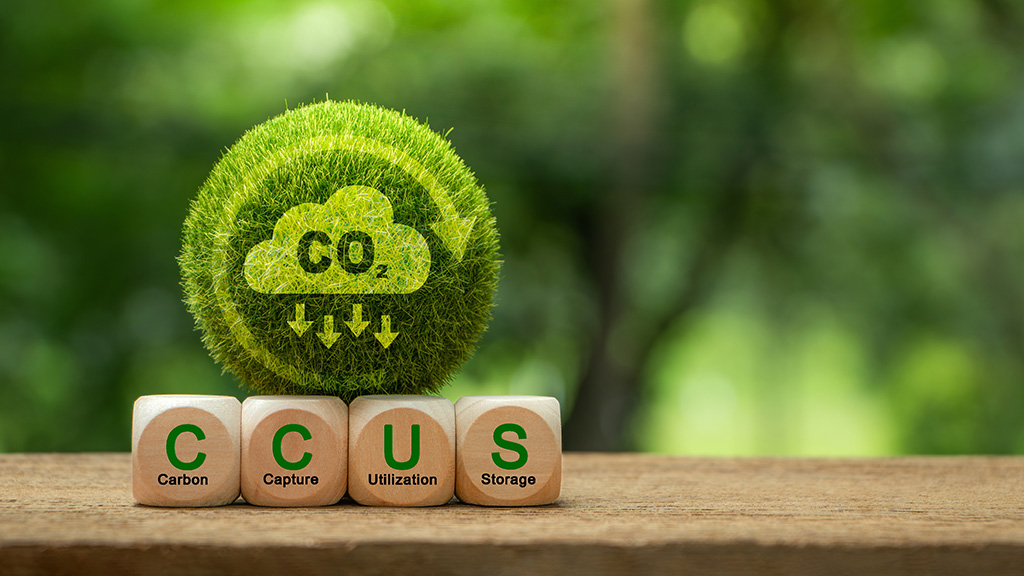CALGARY — Eight First Nations in Alberta are asking that the $16.5-billion carbon capture and storage project proposed by a consortium of oilsands companies be reviewed under the federal Impact Assessment Act.
The Beaver Lake Cree Nation, Cold Lake First Nations, Frog Lake First Nations, Heart Lake First Nation, Kehewin Cree Nation, Onion Lake Cree Nation, and Whitefish (Goodfish) Lake First Nation #128 made the request in a letter to federal Environment Minister Steven Guilbeault.
In the letter, dated Nov. 28, the First Nations urge the minister to exercise his discretion to designate the Pathways Alliance proposal as subject to review under the federal act.
“This is a massive and unprecedented project,” the group wrote in the letter.
“(It) carries with it non-negligible, novel, and irreversible adverse impacts.”
The Pathways Alliance is a group of oilsands companies who are proposing to build what would be one of the world’s largest carbon capture and storage networks. It would involve trapping greenhouse gas emissions from more than 20 oilsands facilities in northern Alberta and transporting them 400 kilometres by pipeline to an underground storage hub in the Cold Lake area.
Pathways’ membership includes Canadian Natural Resources Ltd., Cenovus Energy Inc., ConocoPhillips Canada, Imperial Oil Ltd., MEG Energy Corp. and Suncor Energy Inc. Together, the companies account for more than 95 per cent of Canada’s total oilsands production.
While the group has not made a final investment decision to go ahead with the project, it has begun submitting regulatory applications to the Alberta Energy Regulator for approval.
The project’s boundaries lie entirely within the province of Alberta, but the First Nations say the project’s potential impact on reserve land and Indigenous territory means it should be subject to federal review instead.
All of the eight First Nations have reserve lands that are located directly above or in close proximity to the Pathways proposed CO2 storage hub.
They have serious concerns about the environmental impacts that could result from the project’s construction and operation, as well as the potential safety and health risks that could result from an accidental release of concentrated CO2 from the pipeline or storage hub.
“Because this project will result in the sequestration of carbon beneath our homes forever, Canada must fully understand the immediate, short-term, and long-term implications of the project,” the letter states.
The federal Impact Assessment Act, which came into effect in 2019, is used to determine whether certain major resource projects should go ahead, based on their expected environmental, social and economic effects.
It has generated intense opposition within the energy sector and Alberta, where detractors have been known to call it the “No More Pipelines Act.”
The Alberta government is also battling the federal government in court over the Impact Assessment Act’s constitutionality.
On its website, the federal Impact Assessment Agency said it has received the First Nations’ request and is conducting an analysis.
The agency said it will make a recommendation to the minister on whether to designate the project under the Impact Assessment Act.
In an emailed statement Wednesday, Pathways Alliance president Kendall Dilling said the organization is reviewing the First Nations’ request and “will respond to the Impact Assessment Agency of Canada.”
The aim of Pathways’ proposed carbon capture project is to help the oilsands industry, the largest source of emissions in the country, achieve net-zero greenhouse gas emissions from oilsands production by 2050.
©2024 The Canadian Press










Recent Comments